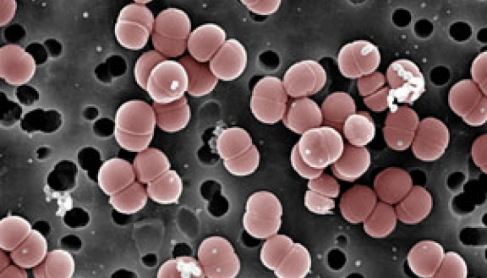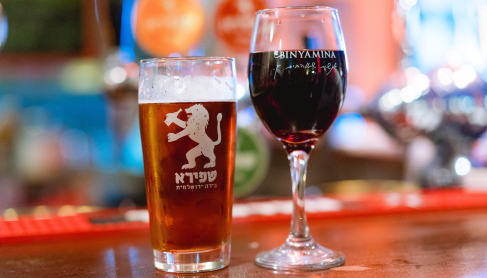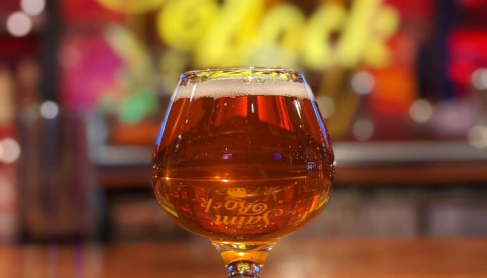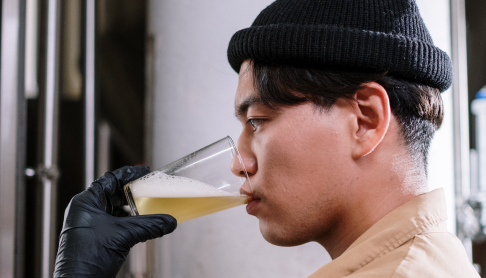What are lactic acid bacteria?
July 4th, 2023
The fine weather is upon us! This is the time of year when breweries start offering us sour beers. We’ve all tried a fruit beer with enough acidity to pickle our tongues, but how do the brewers go about it? With lactic acid bacteria.
There are two main types of lactic acid bacteria used to make beer: Lactobacillus and Pediococcus. Unlike yeast, these bacteria produce lactic acid when they ferment.
In the sour beers commonly found in modern breweries, Lactobacillus is the most widely used. These bacteria are also found in yogurt. In just a few hours, they can acidify beer to the desired pH without altering its taste. They work fastest at temperatures of around 40 degrees Celsius. However, they are sometimes too fast for yeasts, which can suffer from such a rapid change in pH. What’s more, they are not very tolerant of the presence of hops. A level of hops above 8 IBU is enough to inhibit the growth of most commercial strains. This is why the use of a massive quantity of over-aged hops (aged and therefore less rich in IBU) in traditional Belgian sour beers allows the pH drop to be slowed down long enough for the yeast to do its job properly.
As for Pediococcus, it takes months for it to significantly reduce the pH of a beer. This is why they are used in the production of aged beers such as lambics and other traditional Belgian sour beers. This gives the yeasts plenty of time to finish their work before the pH drops. However, if the beer is not left to age long enough, a popcorn taste (caused by the presence of diacetyl) will appear. Unlike yeast, Pediococcus cannot break down the diacetyl it produces. If yeast is added to the beer, it will take care of this instead.
Although lactic acid bacteria are still the main way of acidifying beer today, a new type of yeast could well compete with them. Belonging to the genus Lachancea (no, but what a beautiful name), this yeast produces both lactic acid and alcohol.
Jocelyn Bernier-Lachance is a home brewer with ten years’ experience. He is also a microbiologist by training, having previously worked for Lallemand, the Gallicus craft brewery and Beer Grains. Now he’s keen to share his experience with you and spread his passion for micro-organisms and fermentation.







